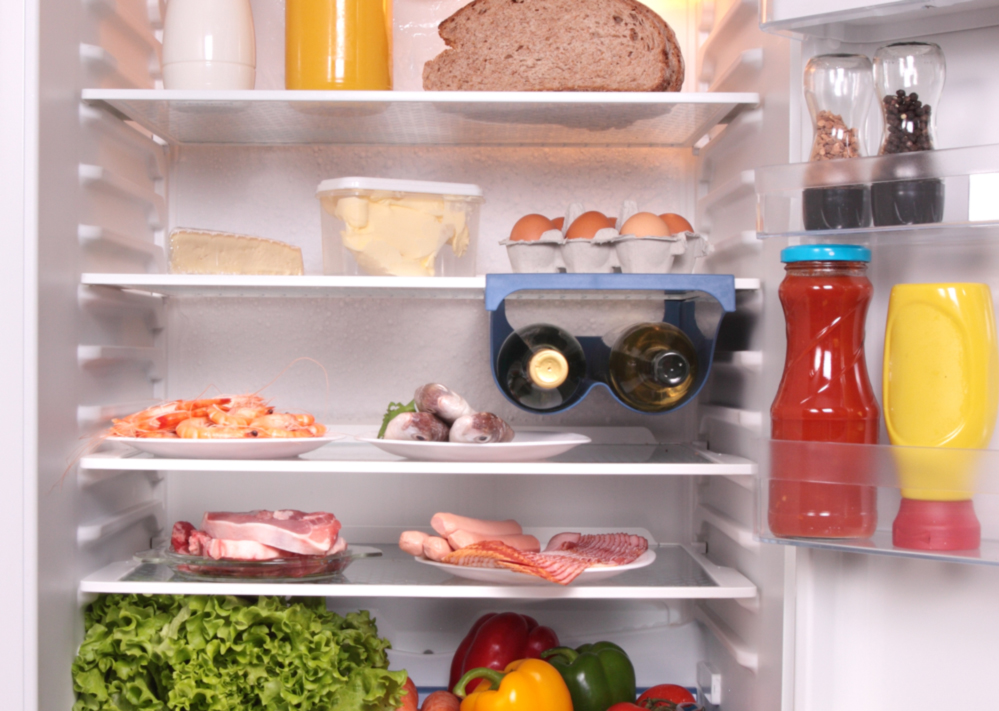News
Food and fuel price rises help inflation jump to 3.1%

Guest Author:
Paloma KubiakThe UK inflation rate hit 3.1% in November, the highest rate in more than five years, according to official statistics.
The Consumer Price Index (CPI) rose from 3% in October to 3.1% last month, the Office for National Statistics (ONS) confirmed. The rate was last higher in March 2012.
Rising food, fuel, transport as well as computer games prices all contributed to the uptick.
UK consumer price inflation including owner occupiers’ housing costs (CPIH) came in at 2.8% in November, having held at this rate since September.
With the inflation rate more than 1% above the Bank of England’s 2% target, the governor, Mark Carney, will need to write to the Chancellor to explain the reasons behind the rise.
Maike Currie, investment director for personal investing at Fidelity International, said elderly and vulnerable people will feel the effects harder as they spend a larger percentage on essential items such as food and fuel.

How life insurance can benefit your health and wellbeing over the decades
Sponsored by Post Office
“This is the highest inflation has been in more than five years – it was last higher in March 2012. Just two years ago, Carney was writing his fourth letter to former Chancellor, George Osborne to explain why prices were in deflationary territory. But in the past year, British households have suffered an ongoing pinch on their spending power since sterling’s Brexit-induced slump, with price rises outstripping the country’s weak earnings growth.
“With inflation now passing the 3% mark, all eyes will be on Wednesday’s labour market figures and Thursday’s MPC meeting on interest rates. With expectations that wage growth will continue to be weak despite record low unemployment, it’s almost certain that the Old Lady of Threadneedle Street will have little choice but to keep interest rates on hold.”
Currie added this means cash-strapped consumers will have to continue to contend with paltry pay packets and high inflation piling pressure on household finances.
“Meanwhile, lower-for-even-longer interest rates spells bad news for anyone holding their savings in cash as perennially low interest rates mean they will struggle to generate an inflation-beating return,” she said.
Ben Brettell, senior economist at Hargreaves Lansdown, said: “The news brings the UK’s cost of living squeeze into focus once more. But labour market figures due tomorrow are expected to show a jump in pay growth to 2.5%. Inflation should fall back next year as the currency effect eventually works its way through the figures, though today’s numbers showed factories are still under pressure from higher global oil prices. But with wage growth picking up we should see an end to falling real pay in due course.”